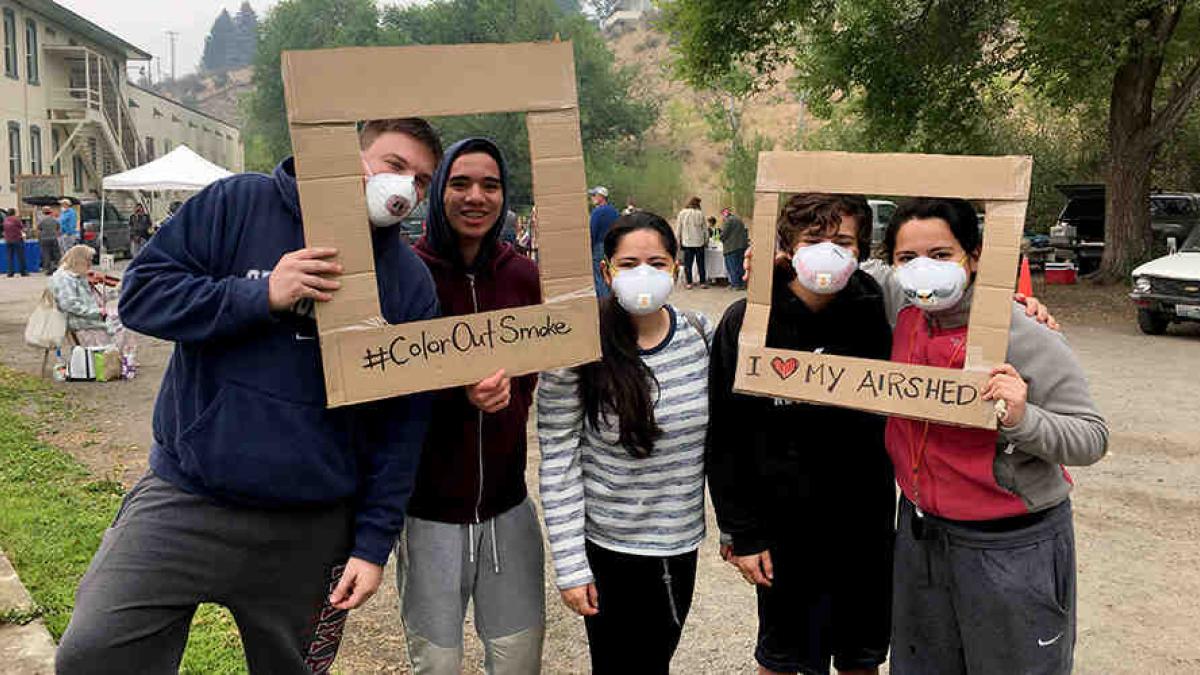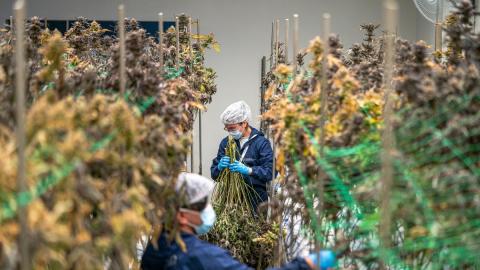
Our Community Engagement Core (CEC) focuses on building capacity and facilitating collaborations through internal investments, external partnerships, and investing in the next generation of environmental health researchers. The Center is focusing on cutting edge, dynamic areas of science (epigenetics, metabolomics, and nanotoxicology) and it is essential, now more than ever, to keep the public engaged in the promise and future of research. We believe our role is as catalyst and connector to meet the needs and interests of Environmental Health Science (EHS) and Clinical and Translational Science (CTS) researchers and select community-based organizations and health advocacy groups.
The Goals of the CEC are to:
- Foster community-engaged and -initiated research with the Center, including promoting best practices for meaningfully involving communities in environmental health research
- Effectively translate and disseminate UW EDGE Center research relevant to diverse stakeholder communities and responsive to their information needs
- Partner with community-based organizations to build capacity for designing and implementing select research-to-action projects
- Use innovative research tools and strategies to measure the impact of community-driven action projects and EDGE Center research initiatives
Contacts:
Lisa Hayward, Manager
lhayward@uw.edu
206-685-8244
Nicole Errett, Co-Director
nerrett@uw.edu
Jamie Donatuto, Co-Director
donatuto@uw.edu
Social Media:
Twitter Facebook Vimeo YouTube
Stories from the blog

Who owns the data? Centering Indigenous sovereignty in academic-community collaborations
A recent webinar co-hosted by UW’s EDGE Center and the Oregon State University/ Pacific Northwest National Laboratory Superfund Research Center explored how researchers can ethically partner with Tribal communities.

Partnering with the cannabis industry to keep workers safe
The U.S. legal cannabis industry is growing fast – it now supports more than 425,000 full-time equivalent jobs, while retail sales hit a record $30.1 billion

Engaging with “the Mayor of Beacon Hill”
Maria Batayola brings community perspective to EDGE research